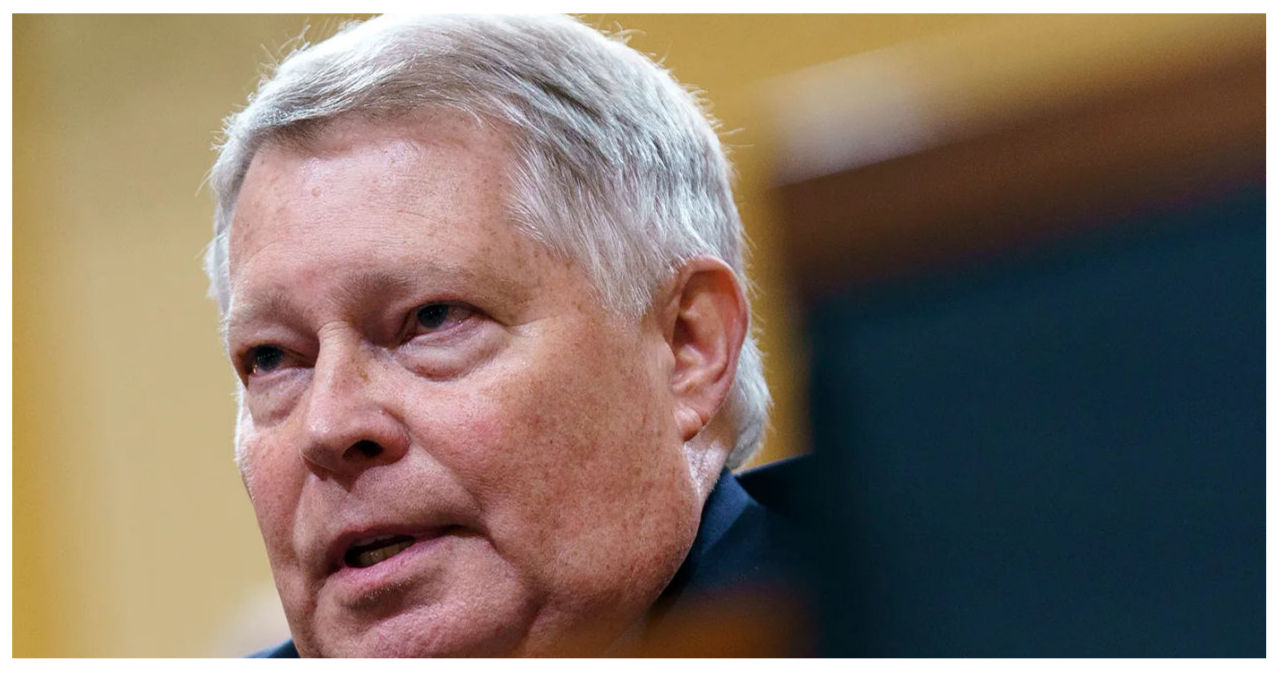Retired federal judge J. Michael Luttig strongly criticized the Supreme Court’s unanimous decision regarding Colorado’s inability to disqualify former President Trump from the ballot based on the 14th Amendment’s insurrection ban. This decision allows Trump to retain his eligibility to run for a second term.
In a recent article published by The Atlantic, Judge Luttig, a respected conservative jurist on the 4th U.S. Circuit Court of Appeals, criticized all nine justices for what he believes was a dangerous betrayal of democracy in their decision-making process.
Numerous challenges to Trump’s eligibility to be on the ballot were filed by voters and advocacy groups in various states. They argued that his involvement in the Capitol attack on January 6, 2021, should disqualify him.
The high court ruled in favor of Trump, stating that Congress holds exclusive authority to enforce the 14th Amendment in order to disqualify federal candidates.
Section 3 of the 14th Amendment is often referred to as the Constitution’s “safety net for America’s democracy.” It serves as a mechanism to automatically disqualify individuals who have engaged in insurrection against the Constitution from holding public office. This provision deems them too dangerous to be entrusted with power unless a supermajority of both houses of Congress formally removes their disability. Luttig, who had been a vocal supporter of the Colorado Supreme Court’s decision to bar Trump from the ballot, emphasized the significance of Section 3 in upholding the integrity of our democratic system.
“The betrayal of its duty to uphold the Constitution’s safeguard for American democracy was a dramatic and perilous act by our highest court. The Supreme Court has effectively nullified that safeguard, rendering it obsolete as if it had never been put into effect,” expressed Luttig.
Judge Luttig disagreed with the notion that keeping Trump off the ballot would be undemocratic. He stated that it is not the disqualification that goes against democracy, but rather the act of insurrection, which is clearly condemned by the Constitution.
In his statement, he emphasized the significance of the disqualification clause. He pointed out that the fact that this clause has not been used in the past to prevent traitors from undermining the Constitution for a second time is not a sign of its decreasing relevance. Instead, it is a testament to its effectiveness in deterring the most dangerous attacks on our government. However, he acknowledged that the situation at hand is unprecedented and calls for the invocation of this clause.
Luttig, who had previously submitted an amicus brief in the case, restated his fundamental arguments in support of upholding the Colorado decision.
According to Luttig, the Supreme Court failed to fulfill its duty to interpret the Constitution as it was intended, resulting in a low point for American democracy and the rule of law.
The Court, in its attempt to alleviate the perception of being a mere political tool, unintentionally solidified this notion in the annals of history. This ill-timed move occurred during a critical juncture in our nation’s history, when both the country and the Constitution required the Court’s intervention to decipher the legal implications of the political turmoil that is infecting the core of America.



